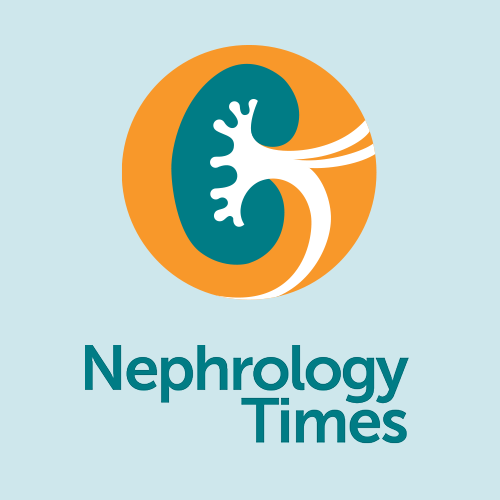
Nephrology Times
Nephrology Times delivers the latest news in kidney-related treatments and technologies with the goal of better informing care decisions and improving patient outcomes.
Sponsored Post
A large, long-term outcomes study of UK patients with IgA nephropathy (IgAN) revealed that patients with low proteinuria levels faced significant risks of kidney failure. This underscores the limitations of supportive care regimens, which primarily seek to manage chronic kidney disease but fail to address the specific underlying mechanism of IgAN, leaving a high lifetime risk of end-stage kidney disease. Learn about the pathogenic role of B cells and their cytokine drivers, BAFF and APRIL — potential therapeutic targets specific to IgAN and other autoimmune kidney diseases.


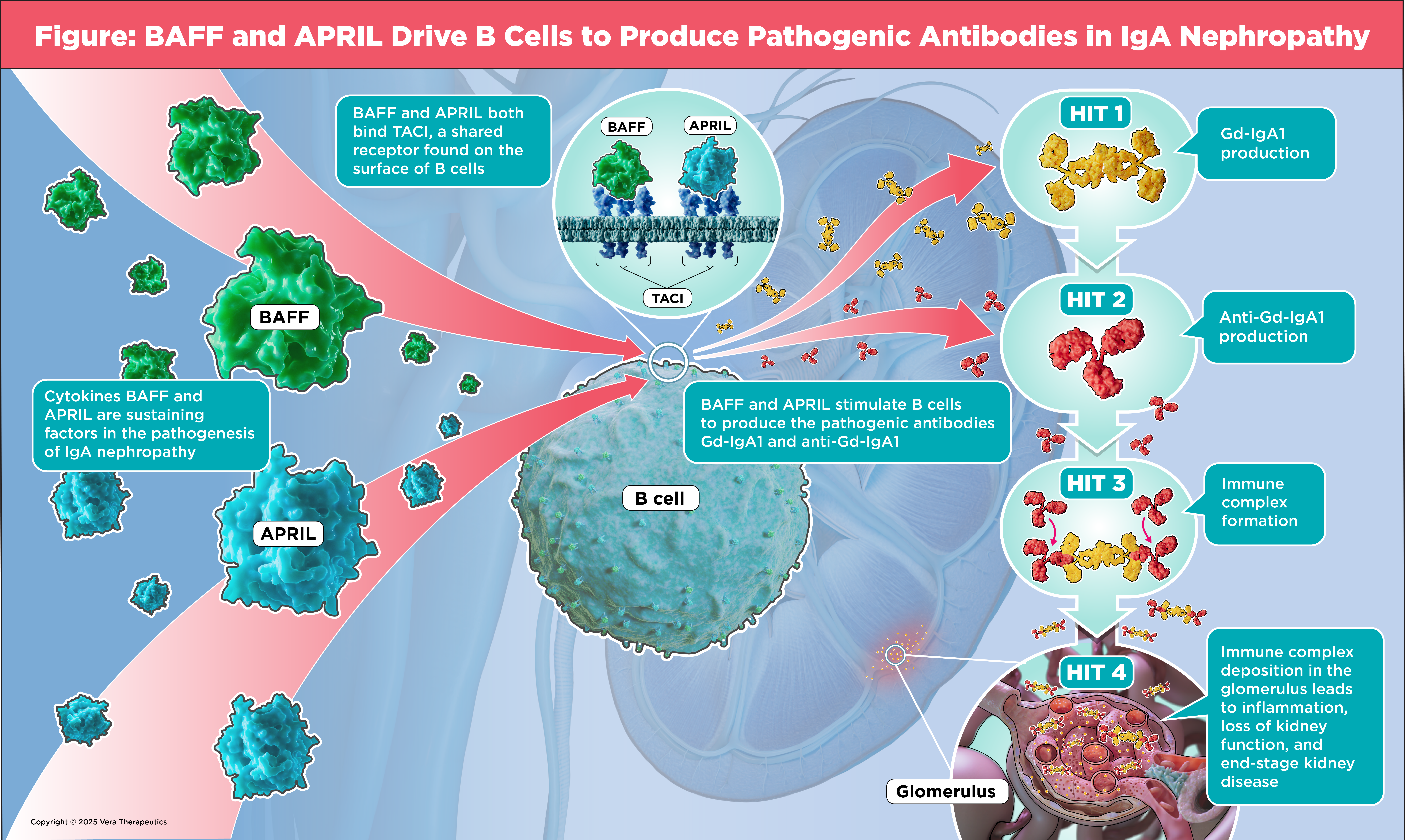

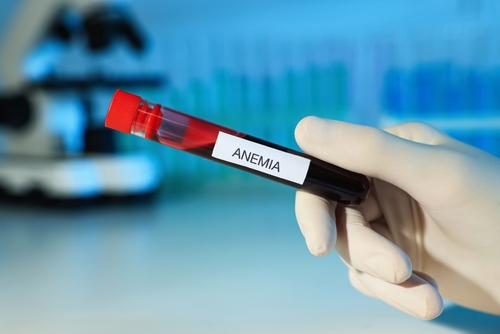







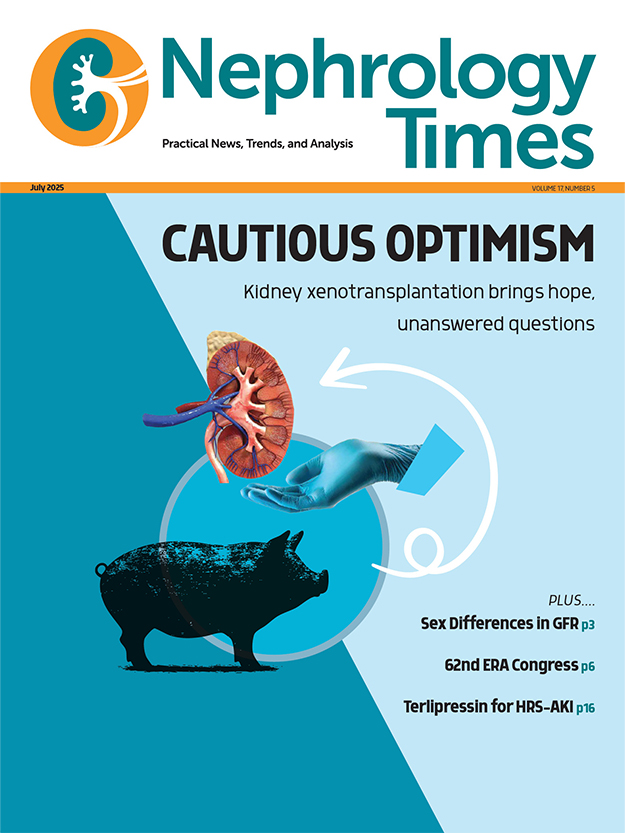
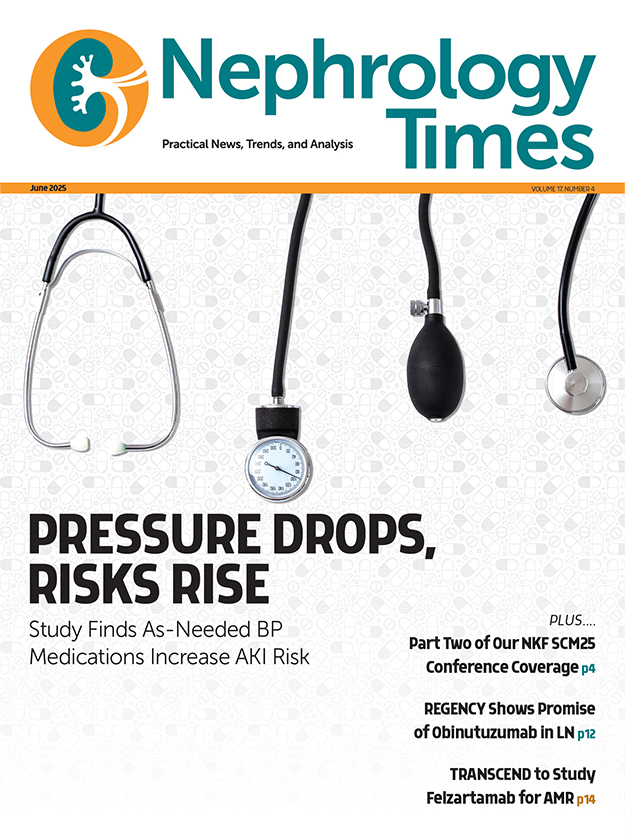



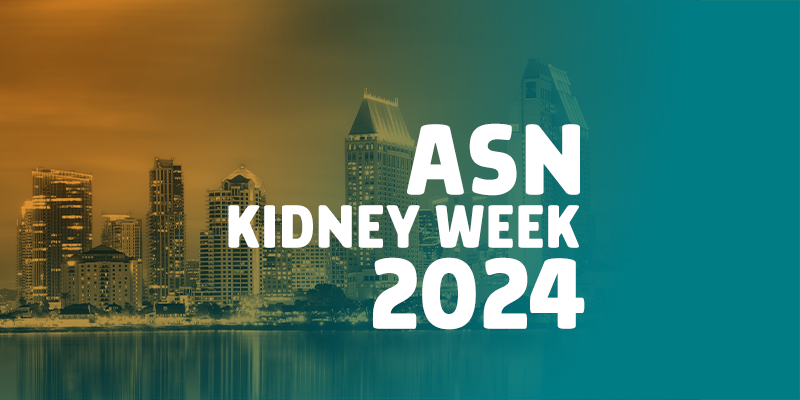

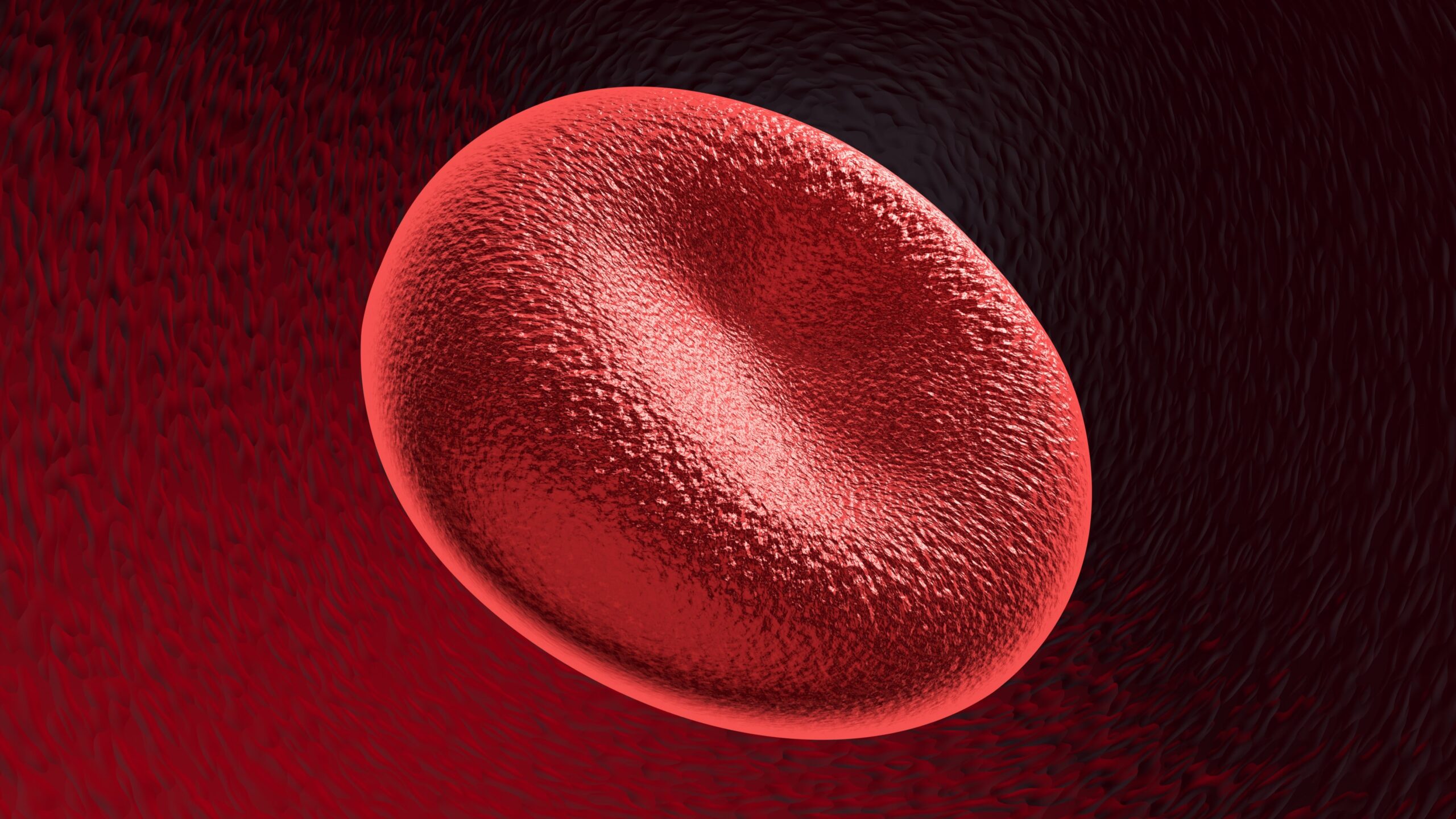

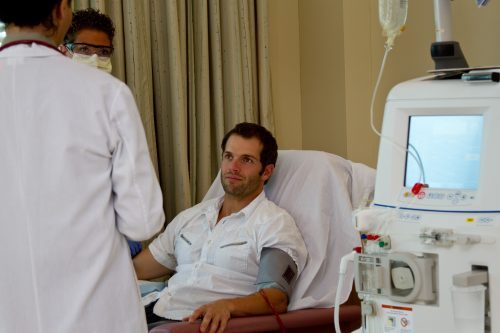






 © 2025 Mashup Media, LLC, a Formedics Property. All Rights Reserved.
© 2025 Mashup Media, LLC, a Formedics Property. All Rights Reserved.